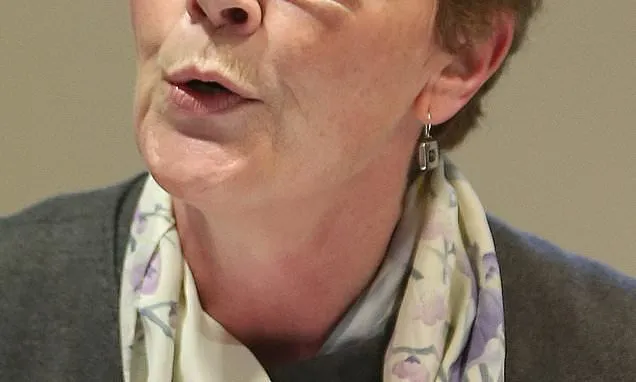It is essential that the Government pushes for stronger EU laws and more effective ways to combat child sexual abuse material (CSAM) online, according to a report.
The first Online Safety Monitor calls on the Government to lead reform of EU laws against the production, hosting and access to CSAM, as well as ensuring that legislation properly addresses grooming as well as methods to avoid detection of the illegal material.
It suggests the introduction of targeted initiatives to raise awareness of online harms to children, focusing on child sexual abuse, CSAM, grooming, and sexual exploitation.
The monitor is to be launched at an online safety conference hosted by the Children's Rights Alliance on Wednesday.
Noeline Blackwell, Children's Rights Alliance
The Children's Rights Alliance online safety co-ordinator, Noeline Blackwell, said: "The horrifying reality of an unregulated internet is children are left exposed online to the worst crimes and content you can imagine.
"Last year, it was estimated that over 300 million children globally were victims of online sexual exploitation. That is 10 cases every second.
"We have reached a grim milestone, and yet EU regulation to address this has stalled.
"Predators hide behind blind spots that current laws fail to acknowledge sufficiently, and online platforms ignore entirely, and all the while the industry profits rise.
"Reports of child sexual abuse material in Ireland have skyrocketed in recent years, with Hotline.ie receiving over 29,000 reports in 2023 - the highest number in its history.
"What should be enjoyable activities, such as chatting with friends online or playing video games, can open the door to some of the worst offences."
In addition, the monitor calls on Government to establish an effective and accessible "public individual complaints mechanism" where complaints made by children or involving a child are given priority.
It also says that Government should strengthen oversight of platform compliance with the Digital Services Act to ensure accountability mechanisms are effective and child-centred, and include safety-by-design, transparency, privacy and algorithms.
The monitor is designed to provide a baseline analysis of the protections in place and the areas where children in Ireland remain vulnerable online.
Minister for Justice Jim O´Callaghan will address the conference on Wednesday (Brian Lawless/PA)
Ms Blackwell said: "If laws and regulations fail to keep pace with the digital world, it is children and young people who pay the price. Failing to have adequate protections online creates space for predators to hide.
"We cannot trust platforms to decide and design their own safety rules for children.
"These platforms are inherently risky in their set-up, favouring profit over protection. While there have been significant strides in recent years to end this era of self-regulation, there are gaps that ultimately put children at risk."
Ms Blackwell said children are still being subjected to unnecessary levels of online harm despite progress through the Online Safety and Media Regulation Act, the Online Safety Codes, and the Online Safety Commissioner.
She said the Online Safety Codes offer "too much scope" to platforms to address their own safety standards.
"The recommender algorithms these companies designed that feed children harmful content are not included," she said.
"On top of that, children and young people are still waiting for an accessible individual complaints mechanism that they can turn to when they do experience harms online, leaving children and their families lost in a maze of complex and inconsistent reporting processes for every site they engage with."
Wednesday's conference will feature addresses from Minister for Justice Jim O'Callaghan and David D'Arcy, Digital Services Act officer for Ireland at the European Commission office in Dublin.
